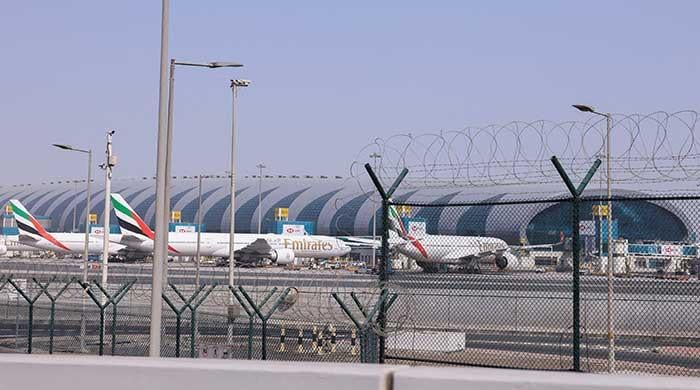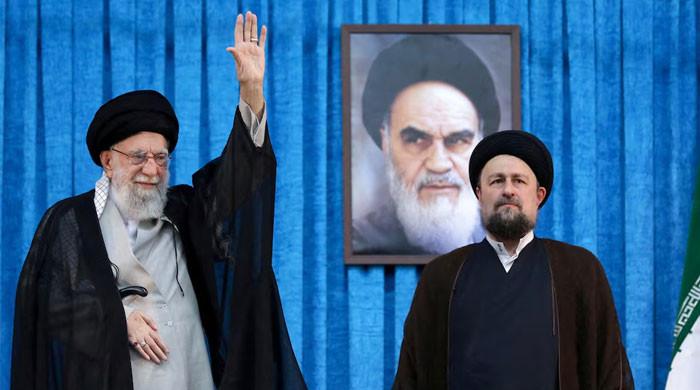EU to vote on resolution warning Indian citizenship law could lead to immense human suffering
Resolution predicts new citizenship law will create the largest statelessness crisis in the world
January 27, 2020
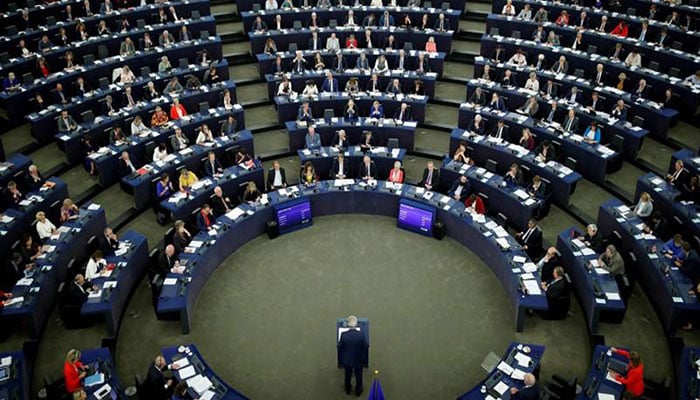
Six major political groups of the 27-member European Parliament, estimated to hold 620 members of the 751 member-body, have tabled a resolution condemning the Indian Citizenship Act 2019 and urged India to repeal the controversial law deemed discriminatory towards Muslims and other minorities.
The resolution also expressed concern that besides the CAA, the Indian Government’s push for a nationwide citizenship verification process, commonly known as the NRC, aims to strip Muslims of their citizenship rights while protecting those of Hindus and other non-Muslims.
The resolution also condemns the violence and systematic brutality being carried out by the Indian authorities against those who are protesting against CAA. The resolution calls on the Indian authorities to end such policies.
Also read: Black day: Kashmiris observe India's Republic Day with protests around the world
The resolution regrets that a religious criterion has become the basis of India’s naturalization and refugee process. The resolution predicts that the CAA will create the largest statelessness crisis in the world and lead to immense human suffering.
The resolution adds that UN has expressed concerns regarding the CAA and the violence that has followed its implementation. And that the United Nations High Commission for Human Rights has held that the CAA is ‘fundamentally discriminatory in nature’.
The resolution by the six political groups of the EU Parliament will be tabled on Wednesday. The resolution will be jointly tabled by Group of the European People's Party (Christian Democrats) (PPE), Group of the Progressive Alliance of Socialists and Democrats (S&D), Renew Europe Group (Renew), Group of the Greens/European Free Alliance (Verts/ALE), Group of the European United Left - Nordic Green Left (GUE/NGL) and European Conservatives and Reformists Group (ECR).
Also read: PM Imran slams 'irresponsible' statement by Indian army chief
'Amendments violate India’s international obligations'
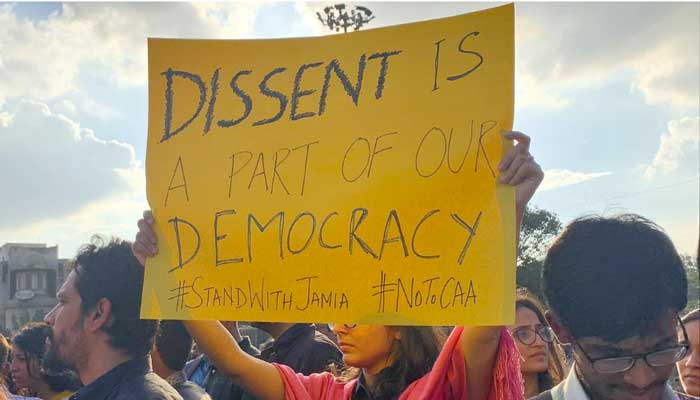
Sources have said that Member of European Parliament Shaffaq Mohammed played a key role in moving the resolution. The resolution notes that several Indian states have already said that that they will not implement the controversial law.
The government of the Indian state of Kerala has approached the Indian Supreme Court and called the CAA ‘a violation of the secular nature of the Indian constitution’. The state has also accused the Bharatiya Janata Party-led government of dividing the nation along religious lines.
The resolution further states that India is a secular, democratic republic and including religion as a criterion for citizenship is unconstitutional. It adds that the amendments violate India’s international obligations to prevent citizenship on the basis of race, color, descent, or national or ethnic origin as enshrined in International Covenant on Civil and Political Rights (ICCPR) and other human rights treaties.
The resolution said that the CAA was explicitly discriminatory in nature as it specifically excludes Muslims from access to the same provisions allowed to other religious groups. The resolution also questions why Sri Lankan Tamils, which form the largest refugee group and worlds most persecuted minority, and the Rohingya Muslims from Myanmar, are kept outside the purview of CAA.
Also read: India fails to get Republic Day protest banned in London
'Muslims will have difficulty winning cases'
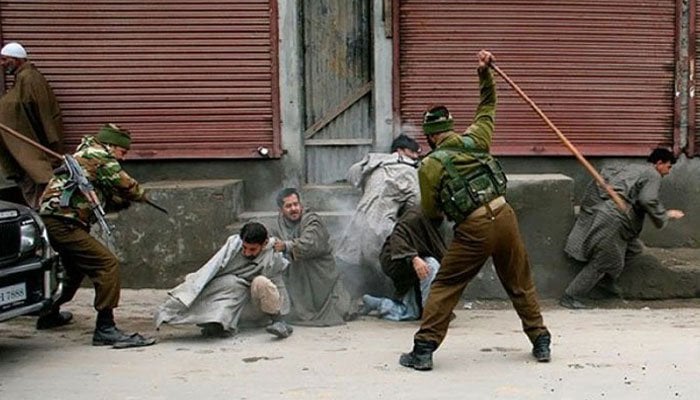
The resolution noted with concern that the citizenship verification process NRC when carried out in Assam had resulted in the exclusion of more than 1.9 million people who were labelled ‘illegal’ migrants and who may now be detained in newly built detention camps or deported.
The resolution says that the CAA and NRC could deprive minorities of their Indian citizenship and Muslims will have difficulty winning their cases in foreign tribunals.
The resolution stated that the CAA contradicts Article 14 of the Indian Constitution, which guarantees the right to equality to every person and protects them from discrimination on the grounds of religion, race, caste, sex or place of birth.
The resolution reminded India of its commitment to uphold the Universal Declaration of Human Rights, the International Covenant on Civil and Political Rights (ICCPR), and the International Convention on the Elimination of All Forms of Racial Discrimination to which India is a State Party.
The resolution also noted that the CAA has led to massive protests across India and has resulted in the deaths of 27 people and left 175 injured, with thousands of protesters arrested. The resolution mentioned the January 5 incident at New Delhi’s Jawaharlal Nehru University.
The resolution adds that police have responded brutally across India, with reports of hundreds of protesters being beaten, shot and tortured, in particular in Uttar Pradesh. The resolution also mentions that on 5 January 2020, the campus of Jawaharlal Nehru University, a leading location for students protesting against the CAA and the National Register of Citizens (NRC), was attacked by a masked mob that injured over 20 students and teachers from the university.
It adds that media outlets and students have alleged that the police witnessed the attack, but refused to control and arrest the mob. The resolution has called on the Indian government to ensure that security forces comply with the United Nations Basic Principles on the Use of Force and Firearms by Law Enforcement Officials.
The tabling of the resolution, debate over it and its likely acceptance will cloud the forthcoming India-EU Summit expected in middle of March 2020. Indian media is extensively reporting on the blowback of CAA at Davos Summit where Indian delegation and senior media personalities were questioned about the rationale behind CAA and its negative implications for Indian democracy.







